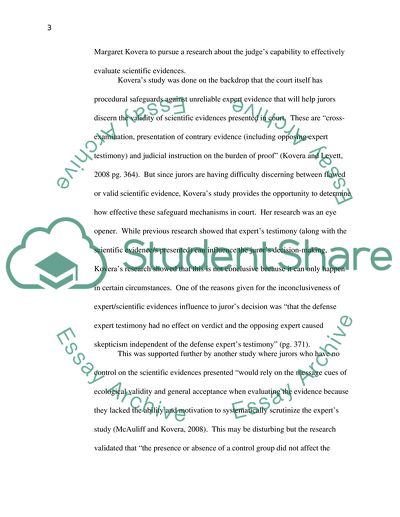Cite this document
(“Faculty Member Essay Example | Topics and Well Written Essays - 1250 words”, n.d.)
Retrieved from https://studentshare.org/psychology/1601138-faculty-member
Retrieved from https://studentshare.org/psychology/1601138-faculty-member
(Faculty Member Essay Example | Topics and Well Written Essays - 1250 Words)
https://studentshare.org/psychology/1601138-faculty-member.
https://studentshare.org/psychology/1601138-faculty-member.
“Faculty Member Essay Example | Topics and Well Written Essays - 1250 Words”, n.d. https://studentshare.org/psychology/1601138-faculty-member.


